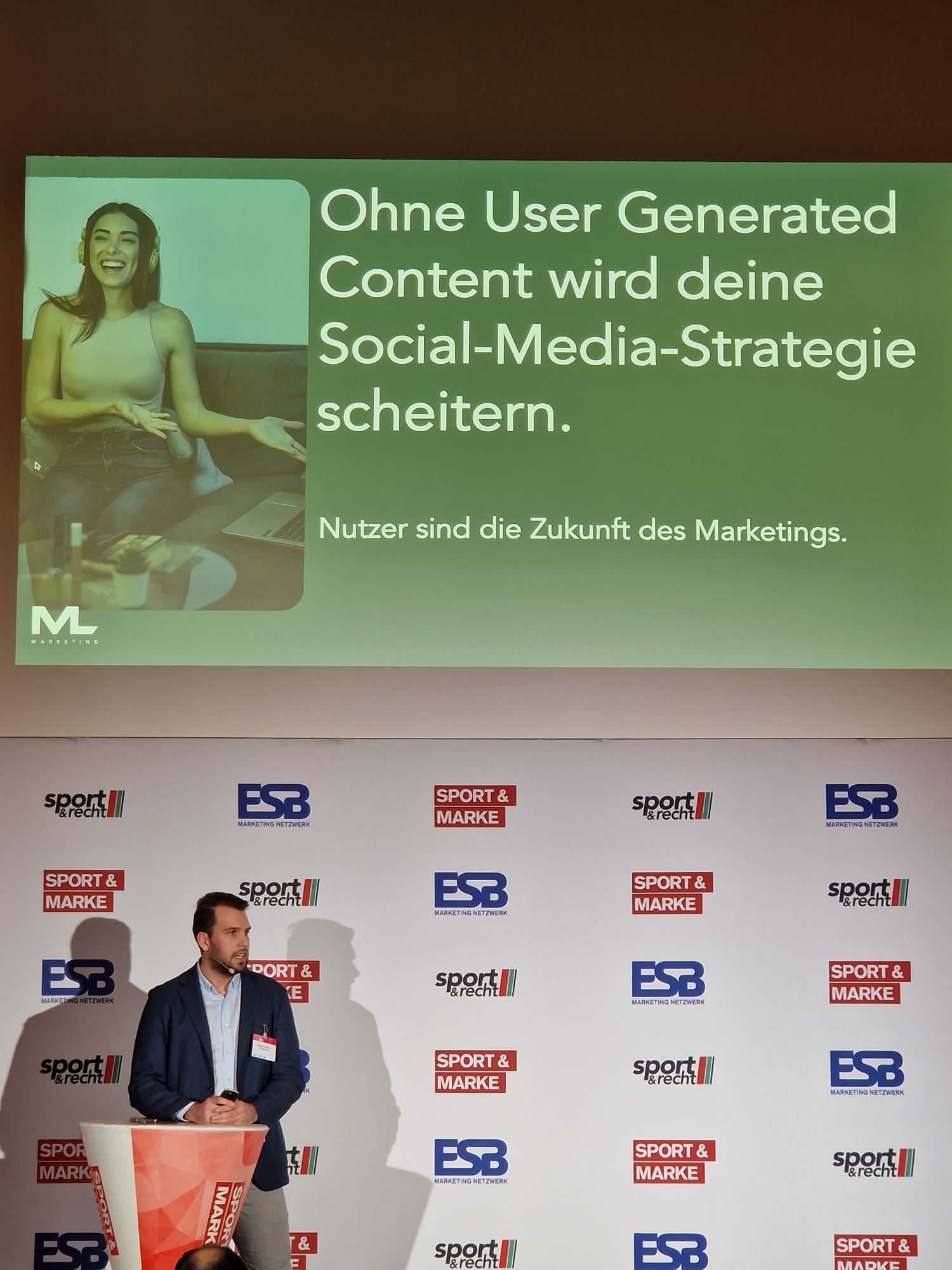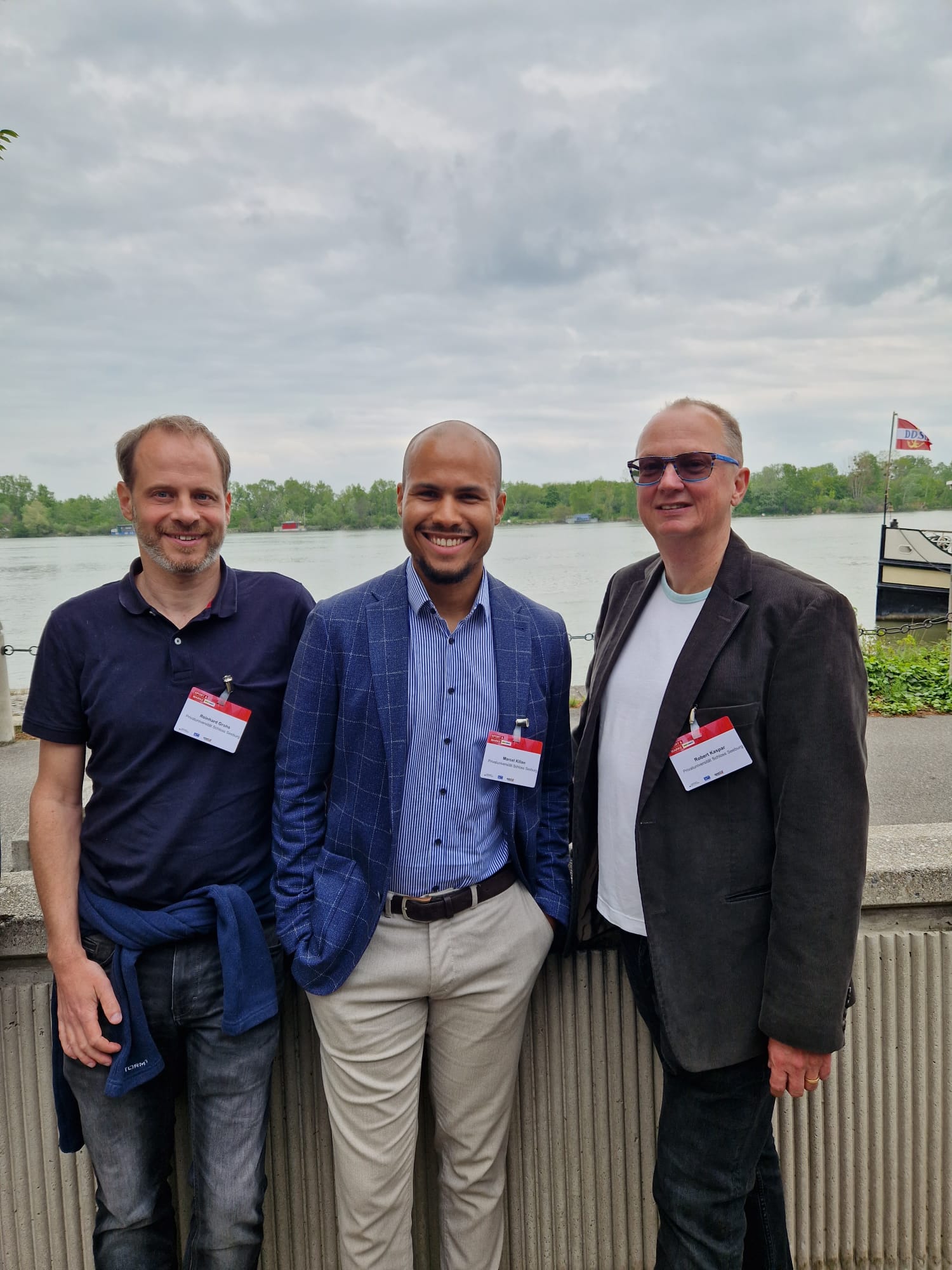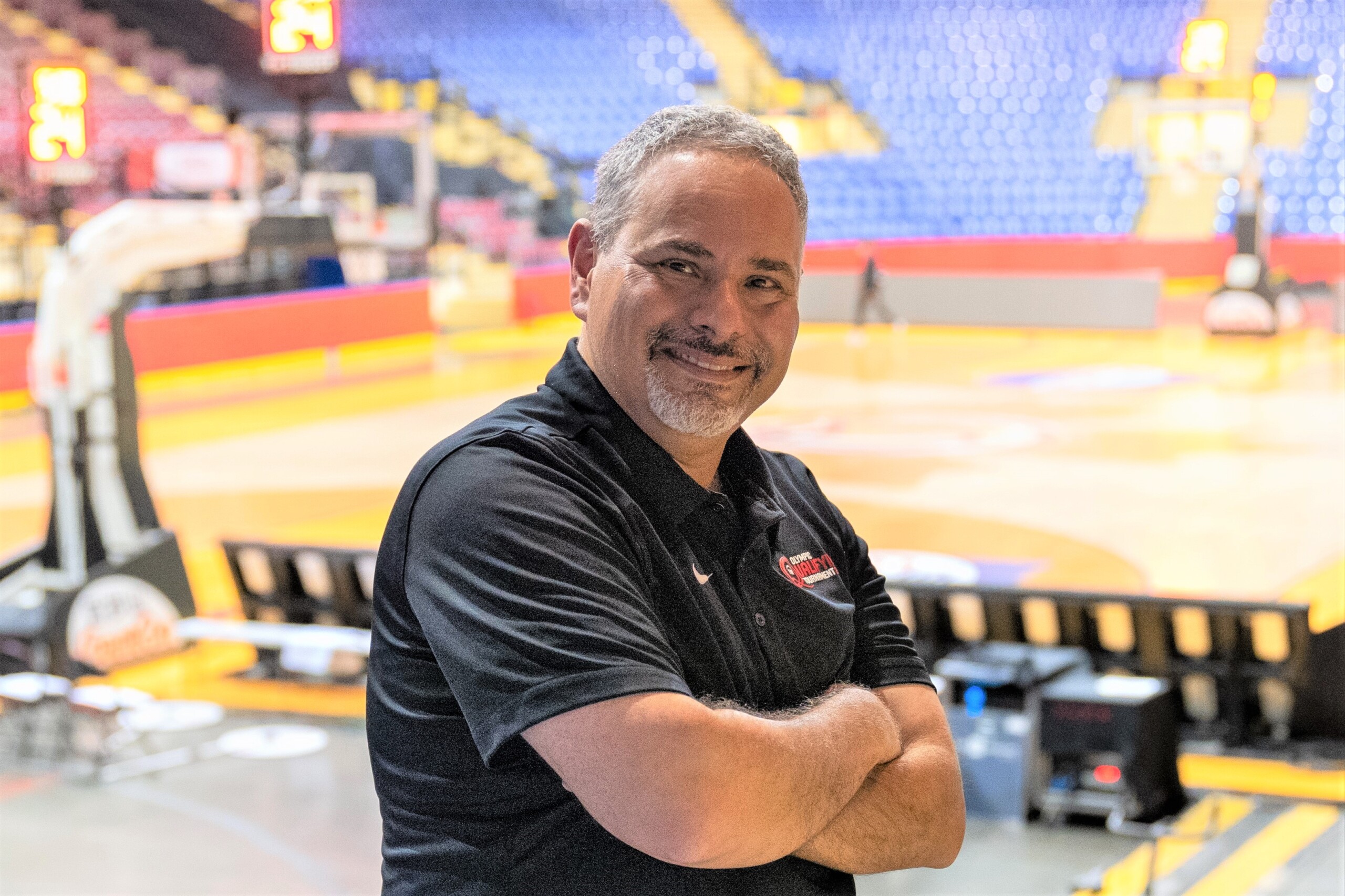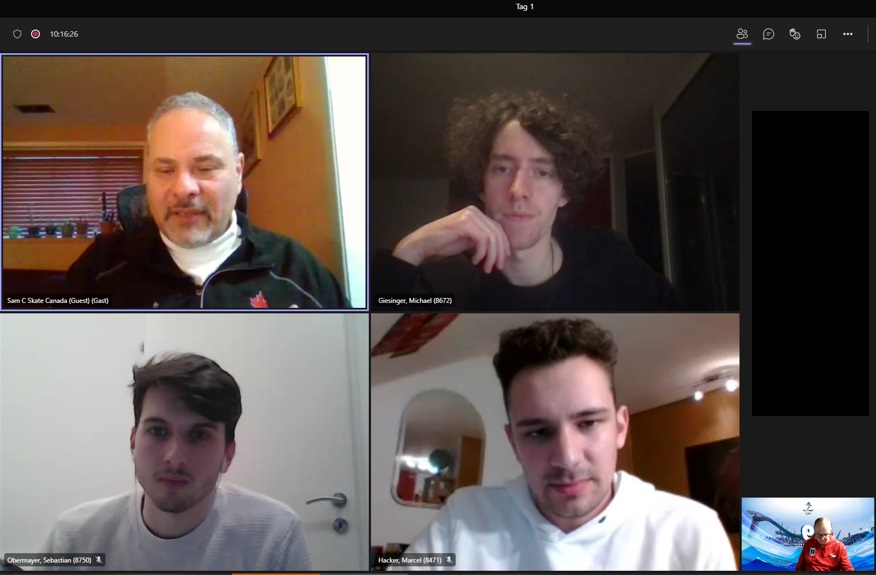Assistenzprofessur für Sportmanagement
Google H-Index [output_hindex author_id=”C_pTZcYAAAAJ” js_output=”false”]
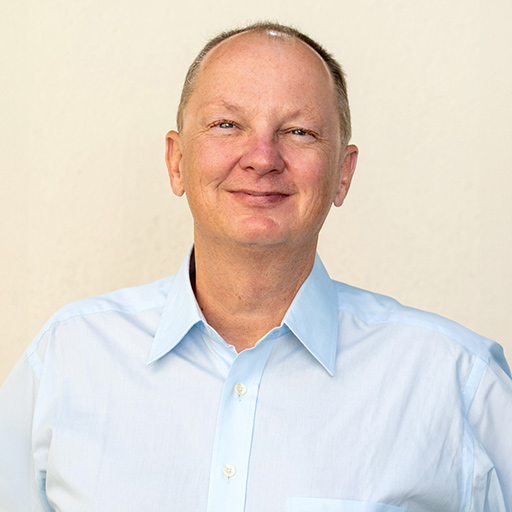
Ass.-Prof. Dr. Robert Kaspar
Assistenzprofessor für Sportmanagement
Telefon: +43 1361 5900 35
E-Mail: Robert.Kaspar@uni-seeburg.at
Ass.-Prof. Dr. Robert Kaspar
| Persönliche Angaben | |
| 20.08.1968 | Geboren in Graz (Österreich) |
| Akademischer Werdegang | |
| Seit 2017 | Assistant Professor für Sportmanagement, Studiengang Sport- & Eventmanagement an der Privatuniversität Schloss Seeburg, Österreich |
| 2016 – 2017 | Koordinator für Sonderprojekte bei den Special Olympics World Winter Games 2017, (Weltgrößte Sport- & Sozialveranstaltung für Athleten mit intellektueller Beeinträchtigung) |
| 2008-2016 | Studiengangsleiter der Bachelor- und Masterstudiengänge Sport-, Kultur- und Veranstaltungsmanagement an der Fachhochschule Kufstein, Österreich |
| 2011-2014 | Studiengangsleiter des Bachelorstudiengangs Marketing & Kommunikationsmanagement an der Fachhochschule Kufstein, Österreich |
| 2004-2007 | Studiengangsleiter der englischsprachigen Studiengänge Tourism & Leisure Management an der IMC Fachhochschule Krems, Österreich |
| 2004 | Themenpark KidsTown/minopolis (Start-Up Projektentwicklung), Wien, Österreich |
| 2001-2003 | Bewerbung Olympische Winterspiele Salzburg 2010, Österreich Geschäftsführer/Generalsekretär |
| 2001 | max. mobil (jetzt T-Mobile); Produktmanagement UMTS/3G |
| 2001 | Leiter der Studiengruppen bei der FIS Alpinen Ski-WM St. Anton 2001, Österreich |
| 1998-2000 | Internationale Gartenschau 2000; Abteilungsleiter Marketing & Kommunikation |
| 1995 – 1999 | Abteilungsleiter Umwelt, FIS Nordische Ski-WM Ramsau 1999 |
| 1997 | Olympiabüro Salzburg 2006, Österreich Koordination der Bewerbungsunterlagen und internationalen Koordination |
| Ausbildung | |
| 1994 – 1997 | WU Wien, Doktoratsstudium Dissertation „Die Nachhaltigkeit von Wintersportgroßveranstaltungen“ |
| 1995 | Universität Alicante, Forschungssemester (ERASMUS) |
| 1989-1993 | WU Wien, Diplomstudium der Handelswissenschaften (Post-Graduate) Spezielle Betriebswirtschaftslehre: Marketing |
| Seit 2014 | Russian International Olympic University, Sochi International Professor for Sports Tourism |
| 1993 | Handelshögskolan Stockholm, CEMS-Programm |
| 1991-1992 | Massey University, Neuseeland, Forschungsaufenthalt |
| 1986-1989 | Karl-Franzens Universität Graz Diplomstudium der Betriebswirtschaftslehre, (Undergraduate) |
| Praxistransfer – Berufserfahrung als Hochschullektor | |
| Seit 2015 | SKEMA Business School, Frankreich Lecturer for Sports & Events Management |
| Seit 2017 | The Hague University of Applied Sciences, Niederlande Lecturer in Sports & Events Management |
| Praxistransfer – Berufserfahrung Projekte | |
| 2021-2022 | Entwicklung des Leitfadens für Green Events und Green Venues für das Bundesministerium für Kunst, Kultur, Öffentlichen Dienst und Sport, Österreich |
| 2019 | Koordination der Machbarkeitsstudie für Graz 2026 – Bewerbung um die Olympischen Winterspiele |
| Auszeichnungen | |
| 1997 | Wissenschaftspreis des ÖOC |
| 1997 | Leopold-Scheidl-Preis (Österreichische Geographische Gesellschaft) |
Die Professur in Zahlen
Profil der Professur
- Sportmanagement
- Eventmanagement
- Sportmarketing
- Sporteventmanagement
- Einführung in Sport- und Eventmanagement
- Sportstätten-, Vereins- und Verbandsmanagement
- Marketing
- Digitalisierung in Sport- und Eventmanagement
- Management internationaler Sportevents
- Trends in Sport- und Eventmanagement
- Machbarkeitsstudie Graz 2026 – Bewerbung um die Olympischen Winterspiele
- Green Event und Green Venue Manual – Sportministerium
Über Ass.-Prof. Dr. Robert Kaspar
Dr. Robert Kaspar ist Assistenzprofessor für Sportmanagement an der Privatuniversität Schloss Seeburg. Davor war er als Special Project Koordinator bei den Special Olympics World Winter Games 2017, Geschäftsführer der Bewerbung von Salzburg um die Olympischen Winterspiele 2010 und bei zahlreichen Sport-, Kultur- und Gesellschaftsevents tätig.
Seine akademische Tätigkeit hat sich bis dato auf die Bereiche Sport- und Eventmanagement, Marketing sowie Tourismus und Freizeitwirtschaft konzentriert, mit Gastvorträgen in Frankreich, Kroatien und den Niederlande.
Lehrschwerpunkte: Marketing, Sport- und Eventmanagement, Sportstättenmanagement, Sportverbände, Digitalisierung im Sport, Praxisprojekte
Meine Buchempfehlung
à Barack Obama – A Promised Land
Meine Hörbuch-/Podcastempfehlung
OMR Podcast über digitales Marketing
Mein Lieblingszitat
Nelson Mandela: „Sport hat die Kraft, die Welt zu verändern. “ Das sagte der Friedensnobelpreisträger im Jahr 2000 bei der ersten Verleihung des internationalen Sportpreises der Laureus Foundation.
Mein Tipp an Studierende
Seid neugierig und kritisch!
Mein Lieblingsort
Awards und Auszeichnungen der Professur

1997: Wissenschaftspreis des ÖOC
- 1997: Leopold-Scheidl-Preis (Österreichische Geographische Gesellschaft)
Publikationen und Transferleistungen der Professur
Beech, J., Kaiser, S. & Kaspar, R. (2014) (Hrsg.): The Business of Events Management. Pearson
Kaspar, R. (2022): Hosting Mega Events in the Gulf. In: Reiche, D., Brannagan, P. M.: Routledge Handbook of Sport in the Middle East. Routledge
Beech, J., Kaiser, S. & Kaspar, R. (2014) (Hrsg.): The Business of Events Management. Pearson
Kaiser, S., Kaspar, R. & Wolfram, G. (2010) (Hrsg.): Kufstein Congress on Sports and Culture 2009: Sustainable Event Management – Lessons Learnt & Prospects. Norderstedt
Kaspar, R. (2022): Hosting Mega Events in the Gulf. In: Reiche, D., Brannagan, P. M.: Routledge Handbook of Sport in the Middle East. Routledge
Stura, C., Aicher, C., Kaspar, R., Klein, C., Schulz, S., Unterlechner, S. (2017): The UEFA Euro 2020 as a pioneer project for multi-venue sports events. In: Dodds, M., Heisey, K., Ahonen, A.: Handbook of International Sport Business. Routledge/London
Kaspar, R. & Wallner, B. (2017): The Sochi Olympic Winter Games and their sports tourism and events management potential for the Russian Federation. In: Chadwick, S., Arthur, D. & Beech, J.: International Cases in the Business of Sport. Routledge/London
Kaspar, R. (2014): The dimensions of events management. In:
Beech, J., Kaiser, S. & Kaspar, R. (2014) (Hrsg.): The Business of Events Management. Pearson/Harlow
Kaspar, R. (2014): The event life cycle. In: Beech, J., Kaiser, S. & Kaspar, R. (2014) (Hrsg.): The Business of Events Management. Pearson/Harlow
Kaspar, R. (2013): Mega Events, Festivals und Destination Branding – Ein Europa der Events? In: Wolfram, G. (Hrsg.): Kulturmanagement und Europäische Kulturarbeit. Tendenzen – Förderungen – Innovationen. Leitfaden für ein neues Praxisfeld. Transcript/Bielefeld
Kaspar, R.; Kaiser, S. (2013): The impacts of sport. In: Beech, J. & Chadwick, S. (Editors): The Business of Sport Management. Pearson/Harlow
Kaiser, S.; Alfs, C.; Beech, J.; Kaspar, R. (2013): Challenges of tourism development in winter sports destinations and for post-event tourism marketing: the cases of the Ramsau Nordic Ski World Championships 1999 and the St. Anton Alpine
Ski World Championships 2001. In: Journal of Sport & Tourism. Routledge/London.
2019: EASM (European Association for Sports Management), Sevilla, Spain, The FIFA World Cup 2030 & 2034: The Potentials of the Polycentric Hosting Model for FIFA and the National Member Federations
2018: Sport Accord, Law Panel, Bangkok, Thailand, What are the most important commercial considerations to take into account when preparing to bid for an international event to void disputes and conflict?
2018: EASM (European Association for Sports Management), Malmö, Sweden, Smart Mega Events – How have the IOC´s New Norm requirements impacted the sports facility concepts of the cities bidding to host the 2026 Olympic Winter Games?



